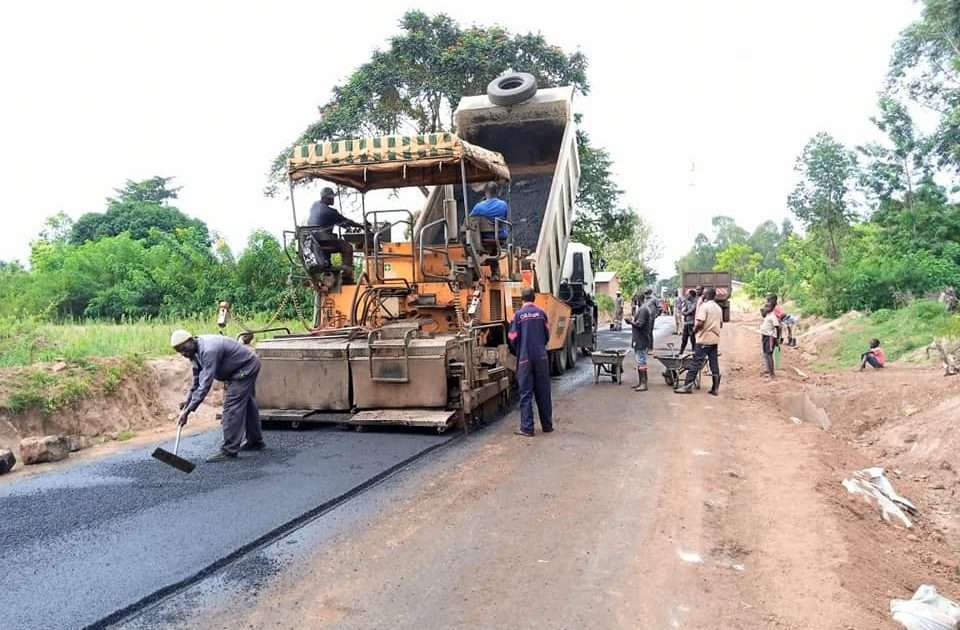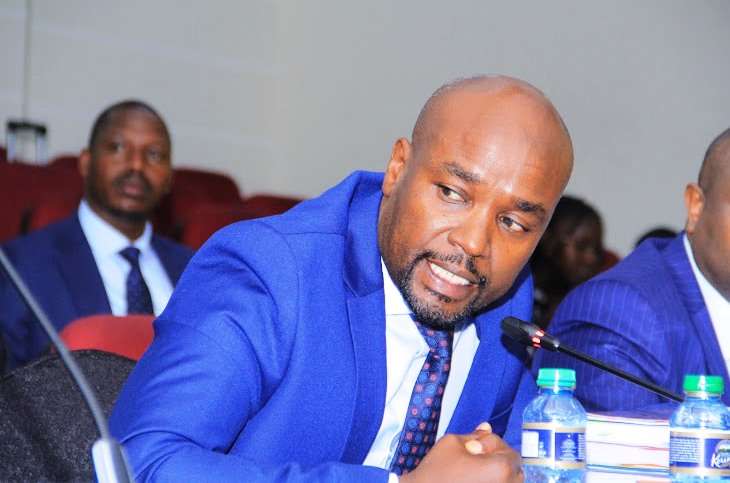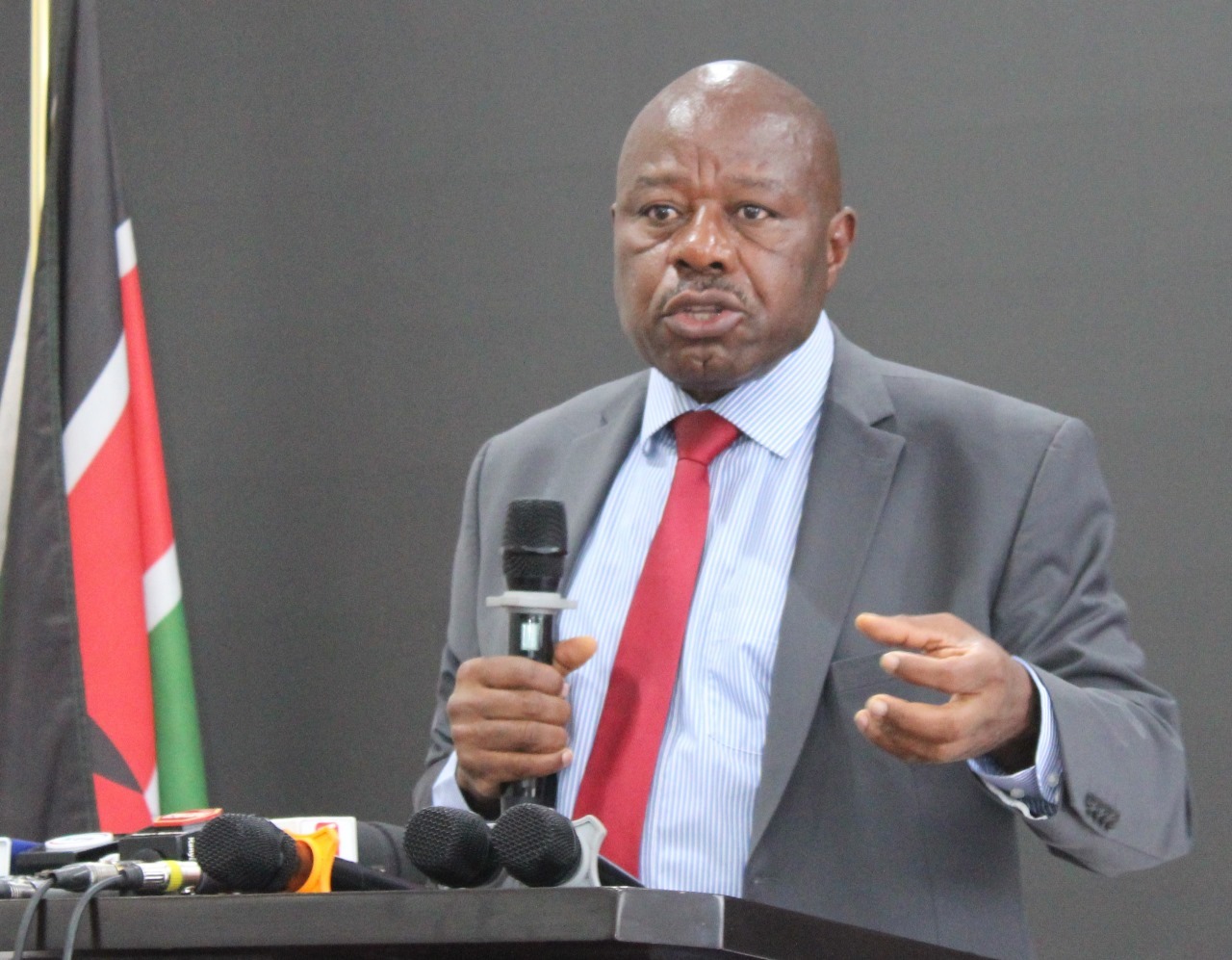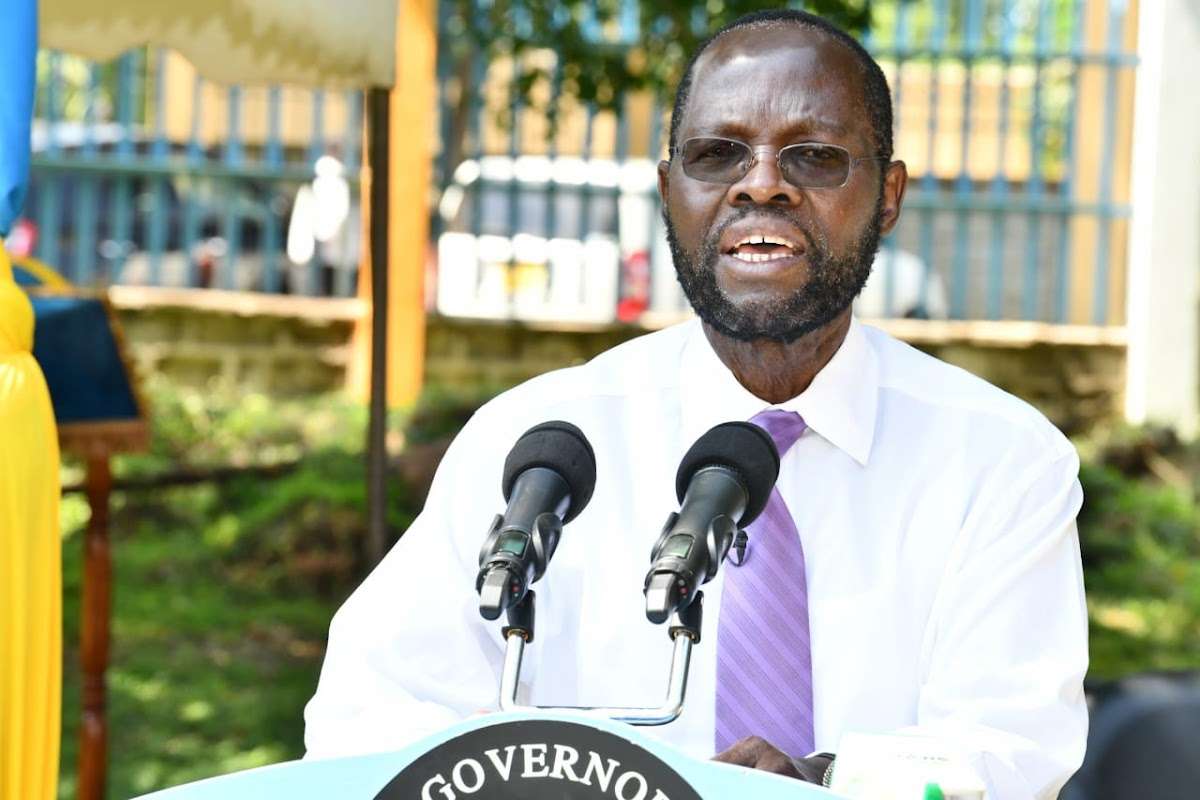The National Assembly Transport Committee has offered assurance to the public that the stalled tarmacking of major roads across the country will recommence promptly following the settlement of pending bills owed to contractors. Committee Chair George Kariuki emphasized the importance of verifying and paying off these bills to facilitate the resumption of road construction projects.
Kariuki highlighted that the accumulation of pending bills dates back to the previous administration, emphasizing the Kenya Kwanza administration’s commitment to addressing this issue. He acknowledged the challenges posed by delayed payments to contractors, stressing that the current government is diligently working to rectify the situation.
“The pending bills, a legacy from the previous regime, are hindering progress in road construction,” stated Kariuki. “The Kenya Kwanza administration is making concerted efforts to clear these bills to ensure the timely completion of road projects.”
Kariuki further emphasized the government’s dedication to improving infrastructure across the nation. “Once these pending bills are settled, we will witness significant progress in road construction,” he affirmed.
In addition, Kariuki outlined plans for affirmative action to expedite road development initiatives, particularly in regions like Mwea. He pledged to oversee the effective implementation of projects to ensure tangible benefits for the public. “We are committed to delivering tangible results to the people,” declared Kariuki. “By prioritizing road construction and resolving financial barriers, we aim to enhance connectivity and foster economic growth.”
Looking ahead, Kariuki underscored the importance of collaborative efforts between the government and local communities to streamline project execution and maximize resources effectively. “With proper planning and cooperation, we can achieve remarkable progress in road infrastructure development,” concluded Kariuki.





